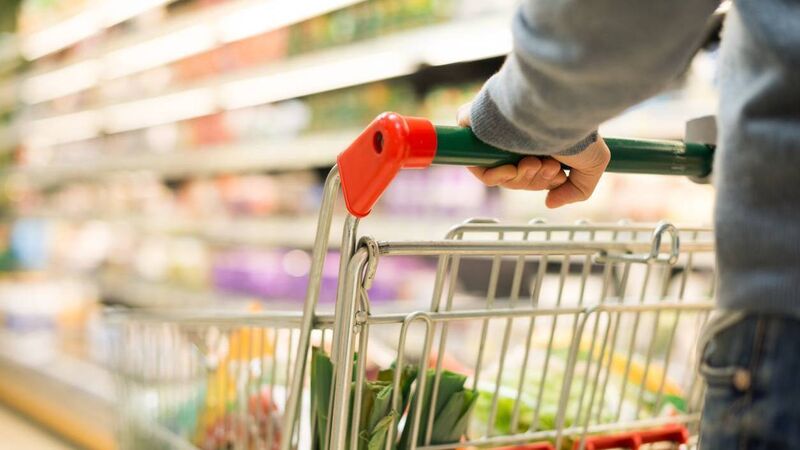Inflation ticks up to 2% in March

This is the first time that Irish annualised inflation has been at or above 2% since July last year when 2.2% was recorded.
The annual rate of inflation increased again during March to 2% driven by rising alcohol and food prices, new figures from the Central Statistics Office (CSO) shows.
This is the first time that Irish annualised inflation has been at or above 2% since July last year when 2.2% was recorded. During February, the inflation rate was 1.8%.














